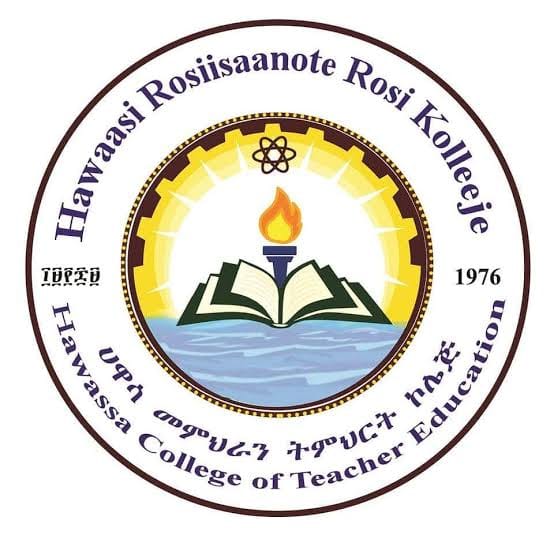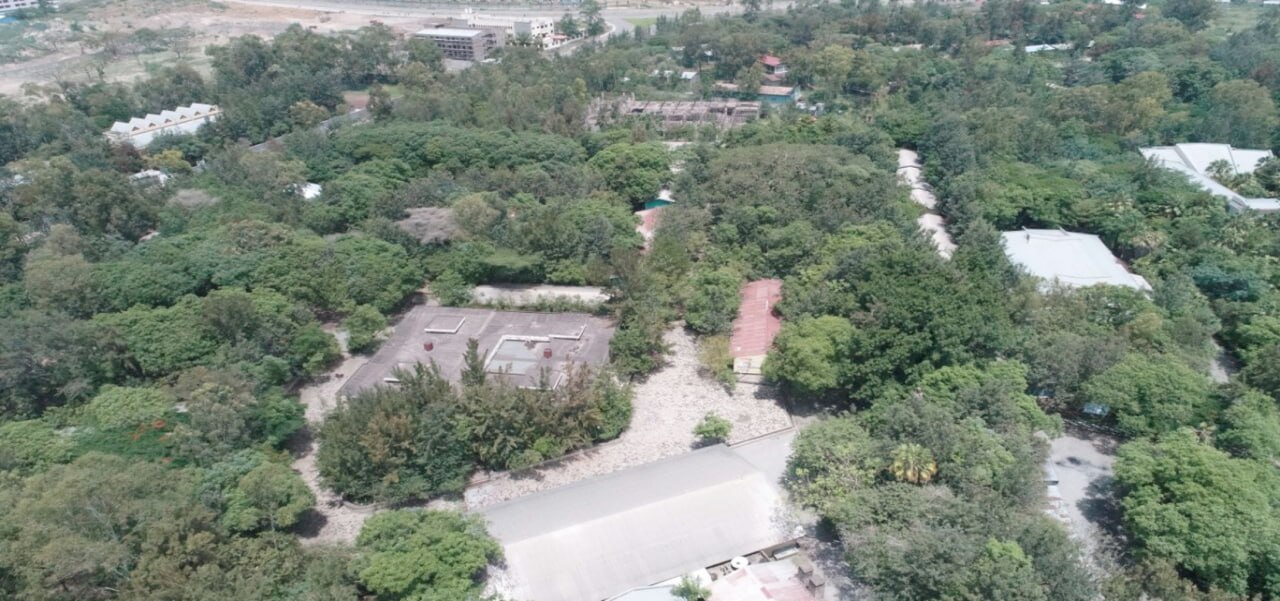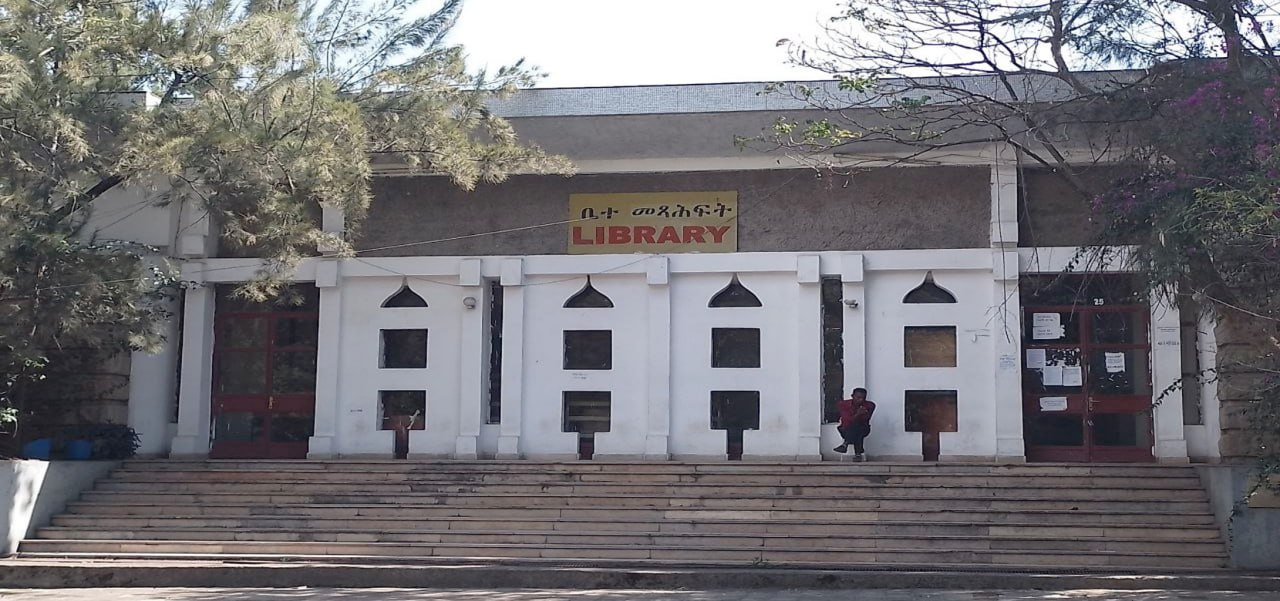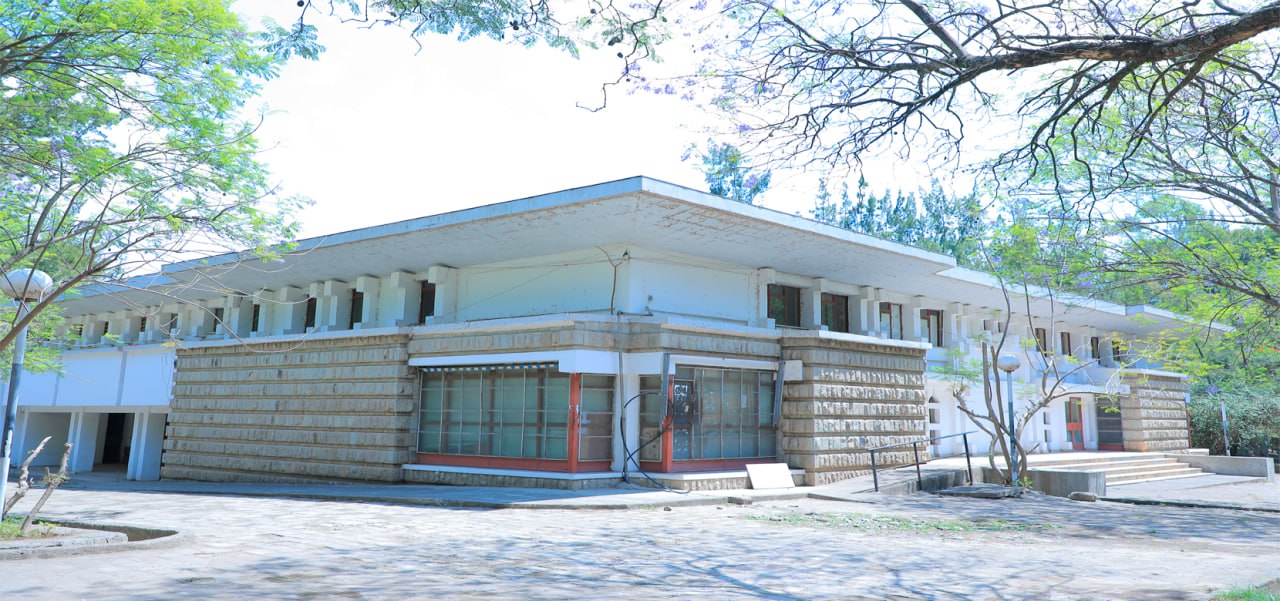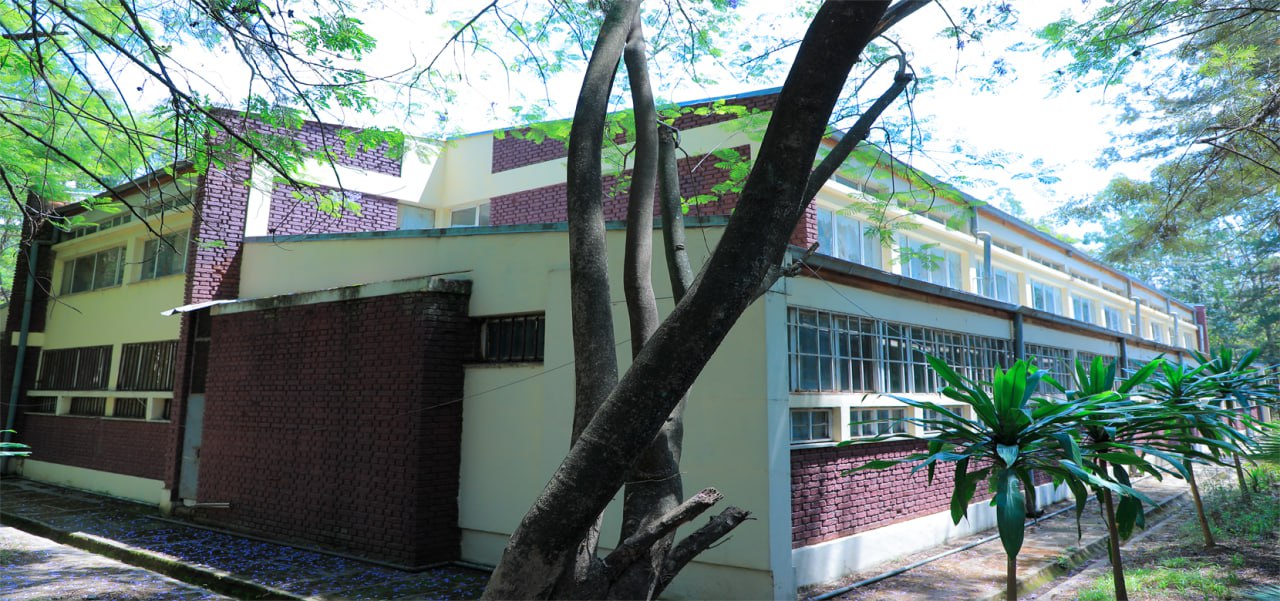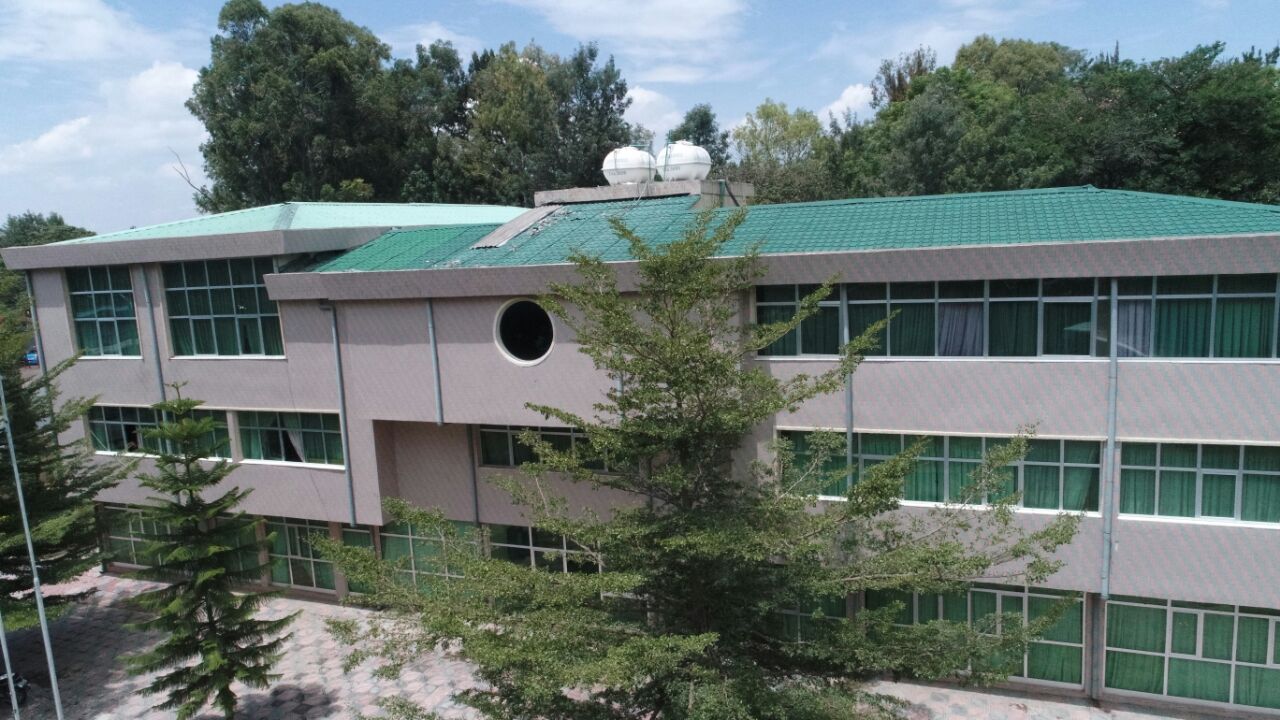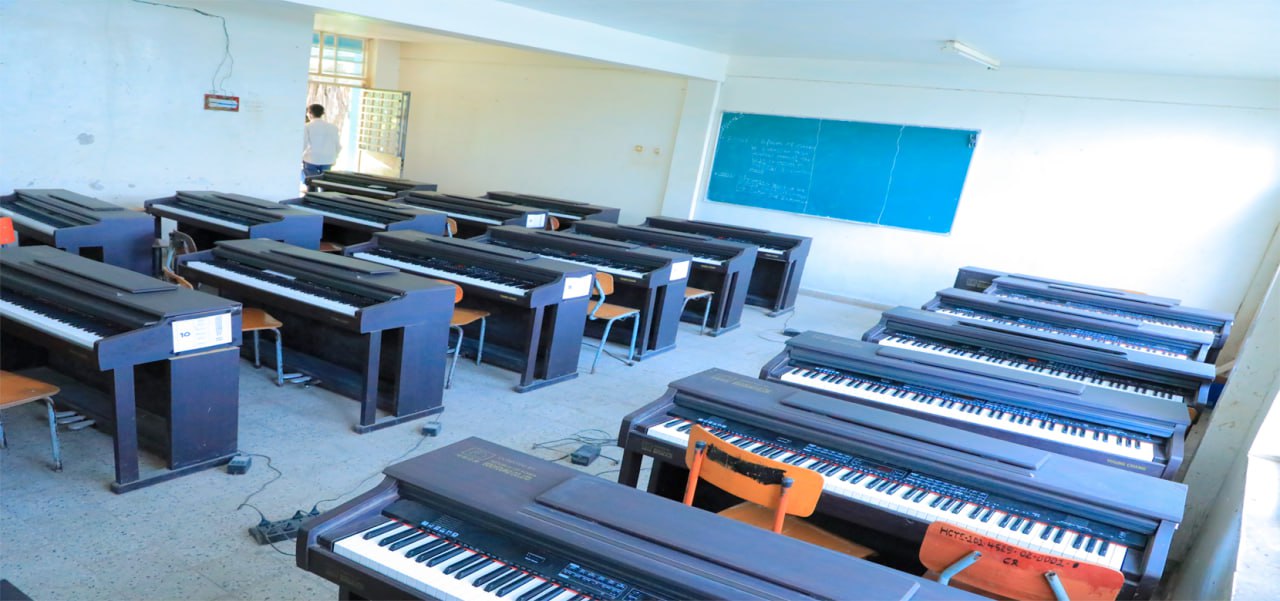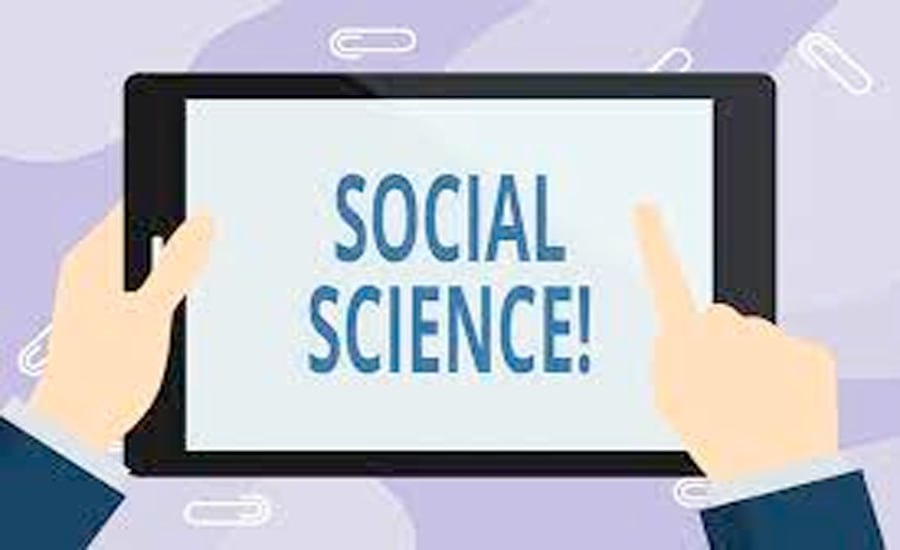History of the College
Hawassa College of Teacher Education: brief history
A history of Hawassa College of Teacher Education spans nearly half a century, showcasing its success story. The establishment of Hawassa College of Teacher Education (HCTE) dates back to 1976 GC. This year marked a significant turning point in the introduction of a new educational institution in the region, specifically in the field of teacher education in Hawassa. A history of HCTE can be divided into two distinct periods based on historical events related to the college. These time periods are i) The First Period: 1976-1996 GC and ii) The Second Period: 1996 GC- onwards.
A History of college traces back to the establishment of Hawassa Teacher Training Institute (HTTI) in 1969 EC (1976 GC). The institute was primarily tasked with training and educating prospective teachers for elementary schools. In other words, its training program focused on producing trained primary school teachers within its designated areas. Additionally, the institute offered in-service training (kiremt) programs for educational leaders in primary schools. The institute became operational in the mid - 1969EC (1976) after receiving untrained (subsidy) degoma teachers working in primary schools and providing them with short-term in-service training. The establishment of HTTI was directly associated with a historic event that occurred at Kotebe College of Teacher Education in 1976. At that time, Kotebe College stopped offering courses covered by certificate program for primary school teachers. Consequently, the teacher training program that was previously offered at Kotebe CTE was transferred to the current Hawassa College of Teacher Education (HCTE) or formerly known as Hawassa Teacher Training Institute (HTTI). This program continued until the institute was elevated to college status in 1988 EC (1996 GC). Since its inauguration to 1998 G.C, the college graduated over 18,779 teachers at a certificate level.
Dean's Message
Hawassa College of Teacher Education Dean's Message
Hawassa College of Teacher Education (ሀዋሳ መምህራን ትምህርት ኮሌጅ) was established in 1976. Since then, it has been producing teachers and teaching professionals with the necessary knowledge and skills for the various training modalities offered for over 45 years. The college has a total of 18,779 alumni who graduated with a one-year 12+1 certificate level and over 68,347 who graduated with diploma level, both 12+2 and 10+3, in regular and extension programs. In affiliation with Dilla University, the college has trained and graduated 434 students with a Bachelor of Arts degree in Educational Planning and Management. The college has been recognized as a reliable training hub in the country and selected as a centres of excellence in training teacher educators. The college is known for its international and national collaborations, executing projects with partners such as KOICA (Korea International Cooperation Agency), People in Need- from the Czech Republic, and UNESCO. The college has received financial and material support from various organizations including BESO, VESO, TDP, WORLD LEARNING PIN, GEQIP, UNESCO.
Academics
Latest News
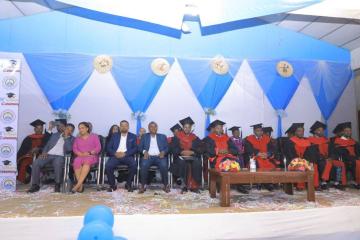
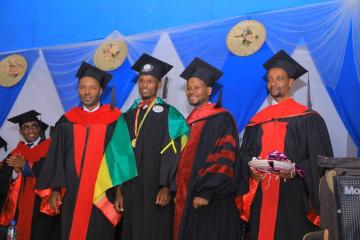
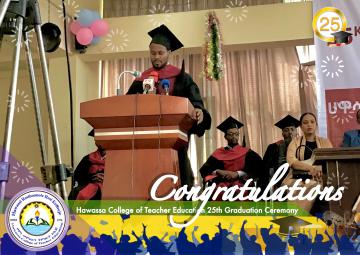
Rosu hiiqqamme sissate loonsanni hee'noonni loosira balaxote rosi aana tungoonni illacha…

የሀዋሳ መምህራን ትምህርት ኮሌጅ በአዲሱ የትምህርት ሮድማፕ መሰረት ላለፉት 2 አመታት በቅድመ አንደኛ ትምህርት 12+2 ዲፕሎማ ደረጃ ስልጠና ሲከታተሉ…
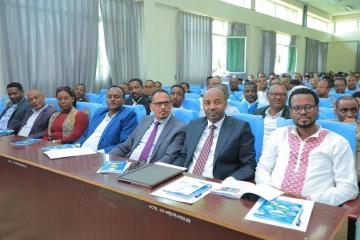
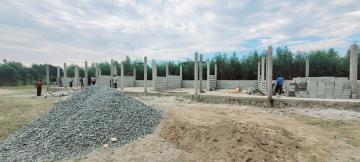
Vision
By 2029, our vision is to see a highly acknowledged University College of Education producing adequately qualified and consistently updating education professionals and schools.
Mission
Our mission is to realize quality and excellence in primary school teacher and educational leader development through policy-led, experience-based, well- researched, field-proven and state of the art innovative approaches, strategies, methods and technologies.
Values
- Adherence to professional ethics
- Professional accountability
- Trust
- Transparency
- Serving the public interest
- Integrity
- Creating a learning community
